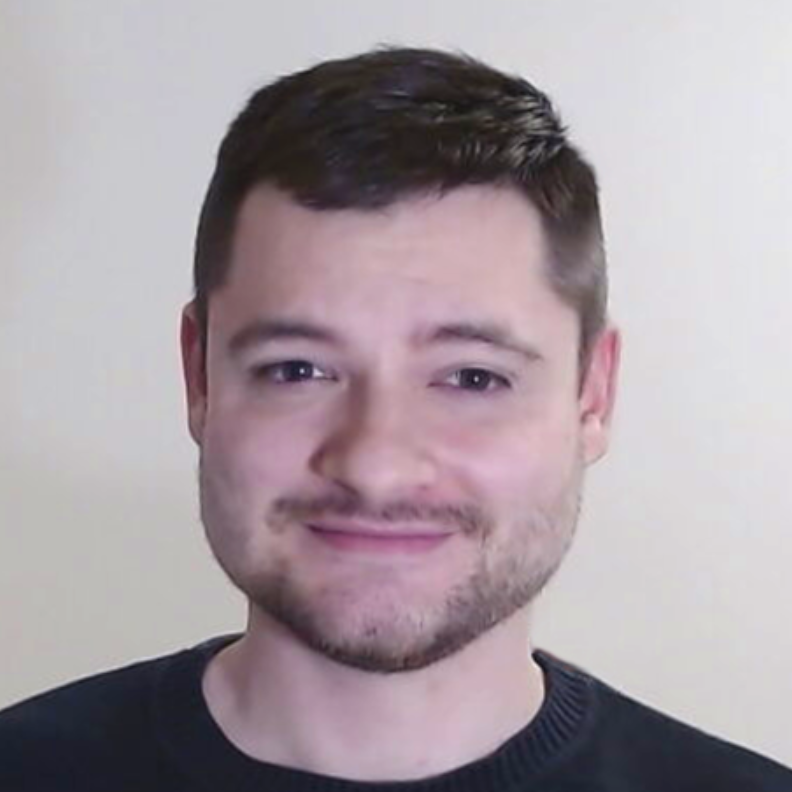Developing successful novel medicines is an incredibly arduous task that on average costs hundreds of millions US$, and often takes more than 10 years from the first idea until a new medicine is available in the clinic. A major factor that makes the development of medicines such a difficult task is the high failure rate that new medicines face during development. However, with the advent of functional genomics, robotic automation and machine learning, we now have a powerful experimental toolkit for scalable causal inference that could allow us to gain a deeper understanding of how cellular systems mechanistically respond to interventions. In this talk, we will present how AI can be used to systematically explore cellular biology in order to create a high-resolution map of health and disease, and how this, in turn, could potentially lead to a significantly improved probability of success for future breakthrough medicines.

